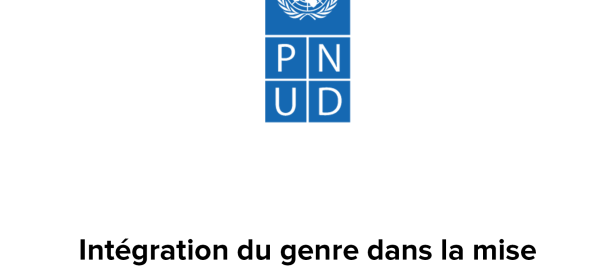Documents on the environmental and social standards of the Enhanced Resilience to Climate Change of the Trois-Rivières Watershed in Haiti through Integrated Flood Management Project
Documents on the environmental and social standards of the Enhanced Resilience to Climate Change of the Trois-Rivières Watershed in Haiti through Integrated Flood Management Project
11 juin 2023
Haiti's extreme vulnerability to the risks associated with climate change is well documented. Haiti is ranked third worldwide in the Long-Term Climate Risk Index. The effects of extreme weather events induced by climate change can be illustrated by the cyclonic floods that have occurred in Haiti since 2000, killing thousands and affecting 277,498 people. While all regions of Haiti are vulnerable to the impacts of climate change, including drought and flooding, the proposed intervention area, including the Trois-Rivières watershed (spread across the 3 regions of Artibonite, Nord and Nord-Ouest) has been identified as being particularly at risk of flooding due to climate change according to four different studies and assessments (including Oxfam). The proposed project, entitled "Enhanced climate change resilience of the Trois-Rivières watershed in Haiti through integrated flood management", is the result of extensive consultations with members of the Haitian government, public authorities, civil society and the private sector, and is in line with the First and Second National Communications on Climate Change and in line with the National Adaptation Plan.
The integrated flood management approach combines technical interventions that build resilience to climate change-induced flooding with governance and capacity-building interventions that are key to the long-term sustainability and effectiveness of the proposed project, as illustrated by the following project outcomes:
1) Ecosystem-based flood management solutions are implemented on 25,440 hectares of the Trois-Rivières watershed;
2 - Climate-resilient agricultural practices are adopted, value chains are optimized and social safety nets are put in place to promote land management and reduce degradation in the target watershed;
3 - Governance and capacities of state authorities are strengthened for climate-resilient integrated water resources management (IWRM).
This project will be implemented under the leadership of the Ministry of the Environment, with the support of UNDP and Heifer International.
The following documents are published here in full: Social and Environmental Standards screening, Gender Assessment and Action Plan, and the Environmental and Social Management Framework. These documents on environmental and social procedures and standards will guide all actions to be implemented as part of this project.
In french here

 Locations
Locations



